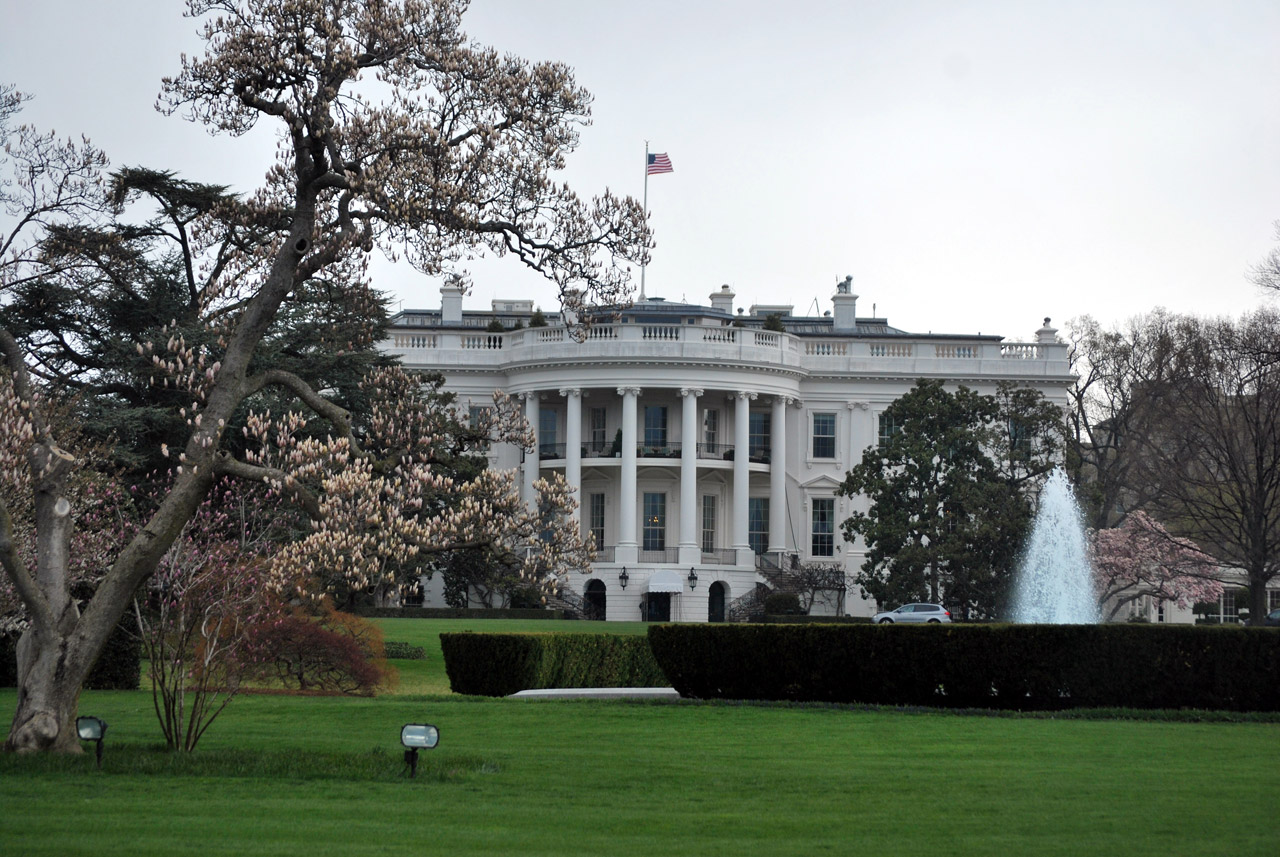A curious aspect of the way Americans vote is that they typically look for someone who is set in their ways. In other words, they hate flip-floppers. A flip-flop is a sudden change in stance on an issue that is politically charged. Stephen Colbert recently demonstrated an example of flip-flopping in his “2016 Top Tremendous All-You-Can Trump Luxury Presidential Debate.” This might be more of an example of lying rather than flip-flopping, but I am curious why a politician having a change of opinion to reflect that of his supporters, and moreso potential supporters, is a bad thing.
The candidates in this year’s presidential debate have taken to pointing at their opponents’ lawmaking decisions in years past as proof of their true opinions and stances. Bernie Sanders has criticized Hillary Clinton’s 2002 Iraq vote several times; Clinton often throws his 2005 gun control vote into the ring; the conservatives mostly debate about how conservative the other opponents are. This habit suggests that changing one’s opinion over the course of decades indicates that a candidate is unreliable, inauthentic or even untrustworthy. Jamelle Bouie of Slate pointed out that some of our best presidents — Abraham Lincoln and Woodrow Wilson — have been flip-floppers. Lincoln changed his position on slavery and Wilson entered World War I despite running on the idea that he would not.
Voters often ask for transparency from their elected officials. They want to know all about their personal lives and what their positions on each issue are and will be 10 years from now. This denies the concept of personal growth and even privacy. As a constituency (or audience), we often minimize the necessity of privacy when it comes to our officials. We can look at a person like Anthony Weiner, who has not only lost his political position but also many jobs because of a few sexts back in 2011 (and again in 2013). He was by almost all standards very authentic: He has been described as “a man without impulse control” and was unequivocally liberal. Full disclosure means distraction from the political process and often disruption of political careers.
In discussing the authenticity of leaders, Herminia Ibarra wrote in the Harvard Business Review that being too authentic works against a leader being great. “By viewing ourselves as works in progress and evolving our professional identities through trial and error, we can develop a personal style that feels right to us and suits our organizations’ changing needs.” She defines authenticity as “Being true to yourself,” “Maintaining a strict coherence between what you feel and what you say or do” and “Making values-based choices.” Doing any of these things makes for representatives who only consider themselves rather than their constituents when voting. It also generally makes them shoddy politicians. Politics requires compromise, self-sacrifice and behaving diplomatically, none of which work with a person who is rigidly authentic.
Don’t we want our representatives to represent our views? Politicians who are obstinately stuck in their ways are typically those who are clogging up the political process. It seems to reflect the American adoration of the patriarch: a strong, stern man who throws down the gauntlet when his law is unheeded. With millennials being so invested in authenticity, it will not be a surprise if the votes sway to the candidate who is the most rigid in their views and bombastic in their defense
of them.
Emily Shwake is a senior English major. She can be reached at eshwakedbk@gmail.com.



